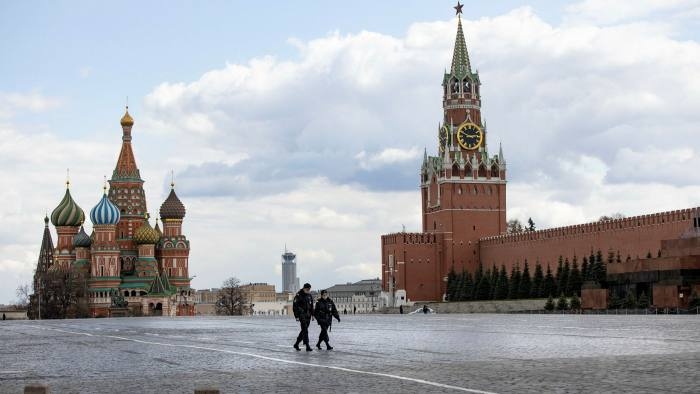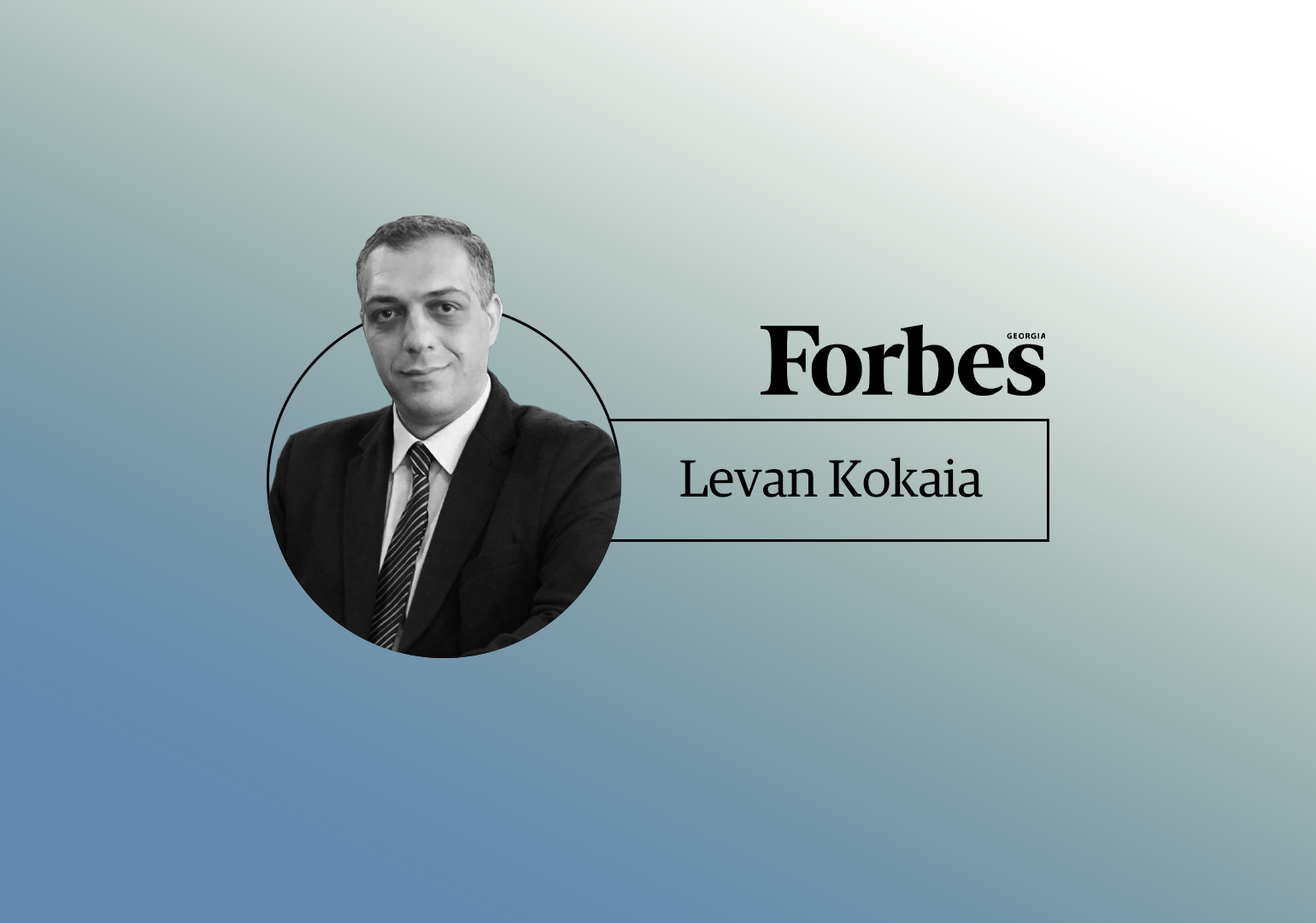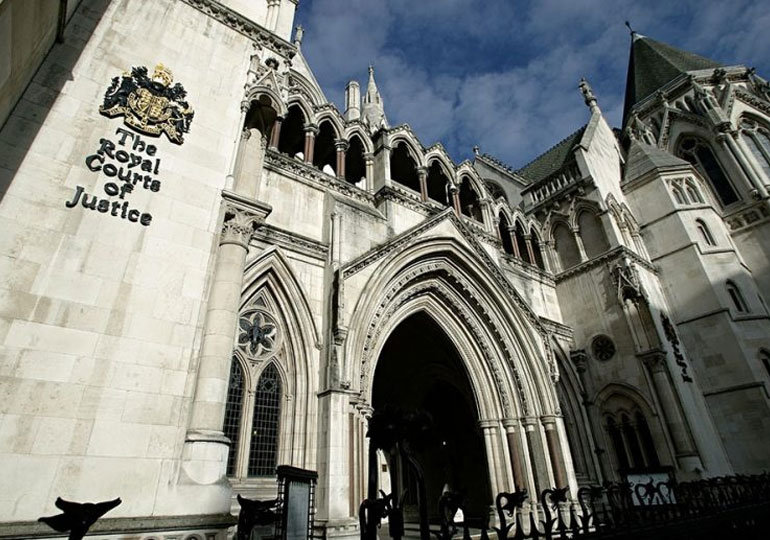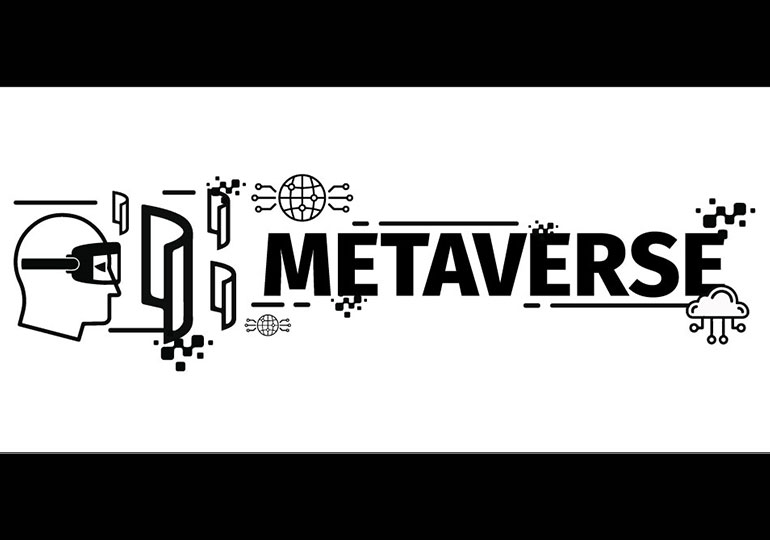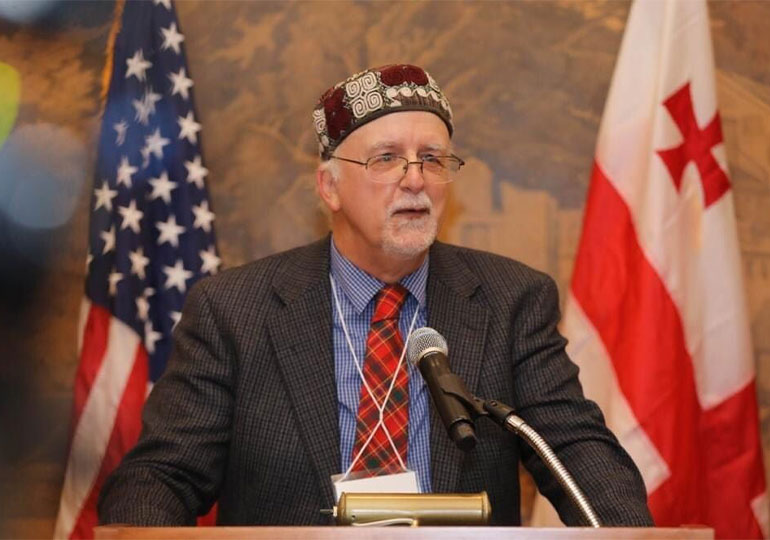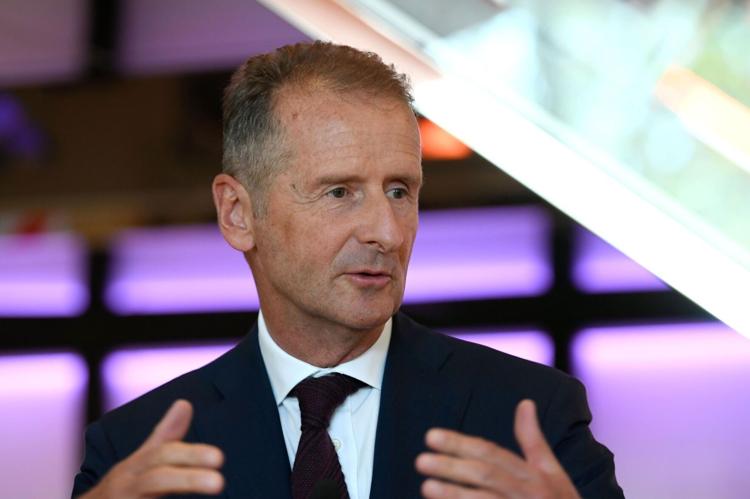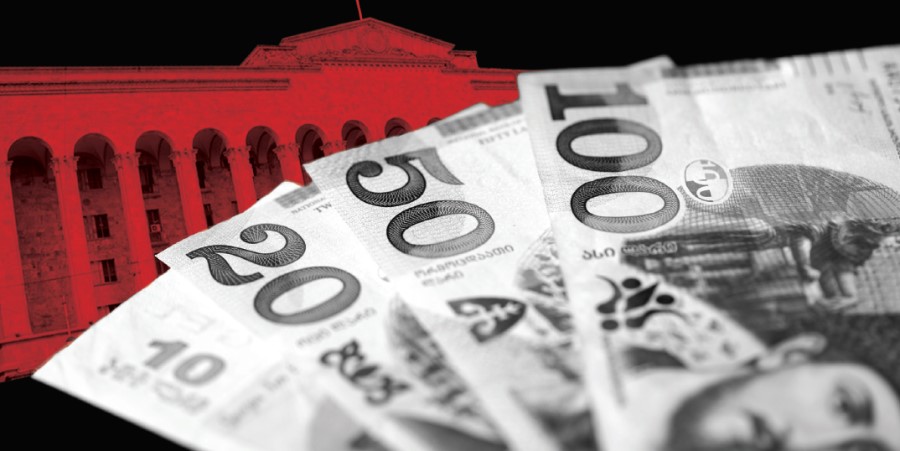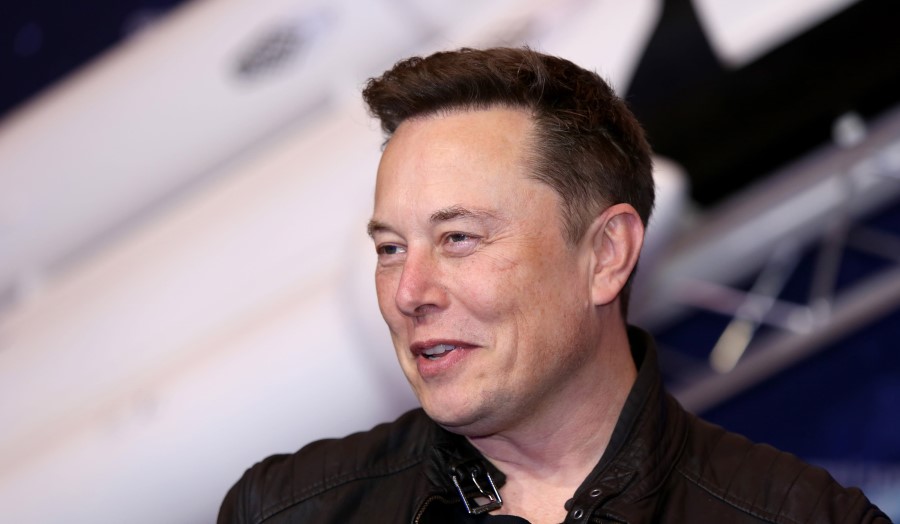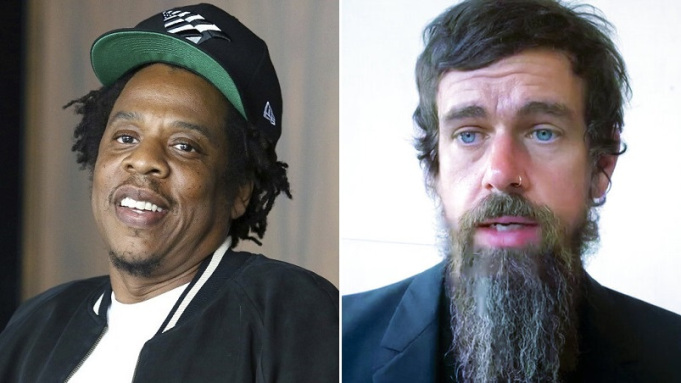This month, 10 per cent of the population of the Russian city of Cherepovets found an extra Rbs10,000 ($135) in their bank accounts.
The payment, designed to help them with the financial cost of a national quarantine imposed due to the coronavirus pandemic, did not come direct from the government.
Instead, it was a bonus paid from the pockets of Severstal, the steel producer whose vast plant dominates the city.
Across much of the world, big business is turning to government for handouts to help them weather the impact of the pandemic. But in Russia, the particular economic arrangements of Vladimir Putin’s regime mean that relationship often works the other way round.
Big industrial groups, which are almost without exception controlled by a single tycoon and made up of formerly state-owned assets acquired or obtained in murky circumstances after the collapse of the Soviet Union, dominate Russia’s economy.
An informal contract between them and the Kremlin permits these corporate fiefdoms and their oversized influence over the cities where they mine their minerals, pump their oil or forge their metals, in exchange for loyalty and political subservience.
When commodity prices rise, and the economy booms, these oligarchs reap the benefits of their legacy assets, vast natural resources and cheap labour. But when boom turns to bust, as it spectacularly has this year, they can find themselves on the hook.
While governments elsewhere roll out trillions of dollars of aid to prop up businesses and protect jobs, Mr Putin’s administration has not dipped deeply into its reserves, conscious also of the need to fill a gaping hole in the budget caused by the plummeting oil price.
The Russian state’s anti-crisis measures as a proportion of GDP are worth just one-tenth of those promised by Germany, and a fifth of that pledged in Italy.
Instead, it is the tycoons who are writing the cheques, often to help people in the regions where they make their money.
Alisher Usmanov, an Uzbek-born Russian steel and telecoms magnate, donated Rbs2bn this month to Russia’s new coronavirus agency, saying it was his company’s “contribution to the tremendous work carried out by the Russian government”. He has also given $20m to Uzbekistan’s health ministry.
Oleg Deripaska, who is under US sanctions linked to reports he helped launder Mr Putin’s money, has spent $19m to build seven hospitals, provide ventilators and ambulances, and buy face masks and virus testing kits.
Vladimir Potanin, the country’s richest man with a $24bn fortune, has said his nickel mining group Nornickel would allocate Rbs10.5bn to “maximise protection for our workers and all residents in the cities hosting the company’s enterprises”.
Severstal, which is owned by Alexei Mordashov, spent Rbs500m on the April bonus payments for all its staff members. It employs 30,000 people in Cherepovets and says it will soon begin manufacturing respirator masks for local residents.
The donations are generous, especially when contrasted with peers elsewhere that are angling for state handouts. But they are likely to be just a small part of the total costs to Russia’s big industrial groups from the pandemic.
Many of their factories, mines and production plants were constructed during the Soviet Union and designed to be the sole employer for an entire town, city or region. The majority remain “monogorods” — company towns. In Cherepovets, 40 per cent of the population rely on factories run by Severstal and Phosagro, a fertiliser company.
The coronavirus outbreak is now spreading into provincial regions outside the western cities of Moscow and St Petersburg. When it overwhelms the limited and underfunded medical services there, the local industrialists will probably be the ones asked to chip in.
Most of the time, this contract between the Kremlin and the businessmen who accumulate riches with its blessing operates smoothly and without the need for chivvying, save the odd meeting between president and chief executive here and there.
But in 2009, as the last global economic crisis ravaged Russia’s industrial base, the power dynamic burst into view in Pikalyovo, a company town south of St Petersburg.
During a televised — and almost certainly scripted — meeting, Mr Putin berated the hastily assembled business owners for $1.3m in unpaid salaries and holding “thousands of people hostages to your ambitions, non-professionalism and maybe mere greed”.
Mr Deripaska was there that day, and bore the brunt of Mr Putin’s scolding. His fellow tycoons should remember well — and brace themselves to dig deep.
